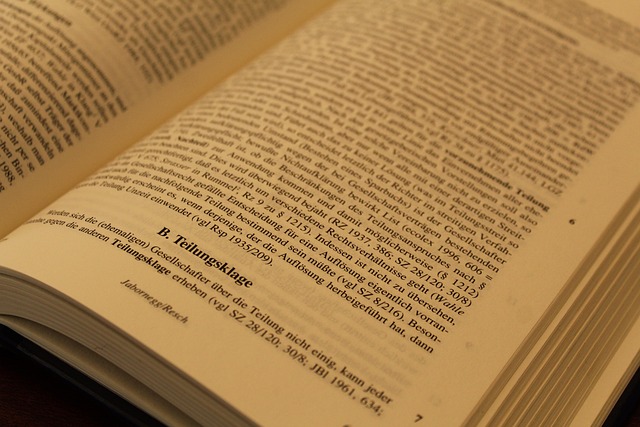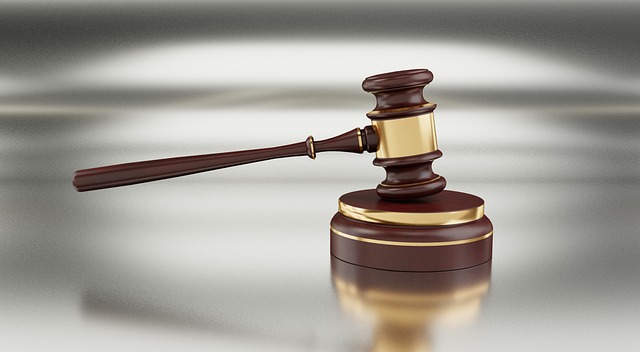A well-drafted will ("secure your will") is vital for managing your estate and ensuring your wishes are respected after your passing. It guides asset distribution, protects loved ones, and maintains your autonomy by clearly defining beneficiaries. Regularly reviewing and updating your will, with expert advice, prevents disputes, minimizes taxes, and secures your future, offering peace of mind and a clear roadmap for asset distribution.
“Crafting a robust will and comprehensive estate plan is an essential step in securing your future and safeguarding your assets. This guide offers expert insights to navigate this crucial process, ensuring your wishes are accurately reflected. We’ll explore key considerations, from understanding the fundamentals of will drafting to strategies for asset protection and common pitfalls to avoid. By the end, you’ll be equipped with knowledge to create a robust legal framework for your estate.”
- Understanding the Importance of a Well-Drafted Will
- Key Elements to Consider in Your Estate Plan
- Strategies for Securing Your Assets and Future
- Common Mistakes to Avoid During Will Drafting
Understanding the Importance of a Well-Drafted Will

A well-drafted will is an essential tool for securing your estate and ensuring your wishes are respected after your passing. It’s more than just a document; it’s a plan that guides the distribution of your assets, protects your loved ones, and maintains your autonomy even in your absence. A poorly executed will can lead to costly legal battles, unintended consequences, and potential disputes among family members.
By taking the time to understand the importance of a well-drafted will, you’re taking a proactive step towards securing your future and that of your loved ones. It involves clearly stating your wishes, designating guardians for minor children, and ensuring your assets are distributed according to your preferences. This process not only offers peace of mind but also allows you to make important decisions while you’re capable, providing a clear roadmap for the next chapter in your life story.
Key Elements to Consider in Your Estate Plan

When drafting your estate plan, there are several key elements to consider to ensure your wishes are accurately reflected and your assets are securely distributed. Firstly, appointing a competent and trustworthy executor is paramount. This person will be responsible for administering your estate according to your instructions, so choose someone with strong organizational skills and a keen attention to detail. Additionally, clearly defining the beneficiaries of your estate is crucial. Identify who will inherit your assets and ensure their names and relationships are accurately recorded.
Another vital aspect is securing your will through proper execution and witnessing. This involves following the legal formalities required in your jurisdiction, such as having your will signed by witnesses in the presence of each other and you, to prevent any disputes or challenges down the line. Regularly reviewing and updating your estate plan is also essential, especially after significant life events like marriage, divorce, birth of a child, or acquisition of valuable assets. This ensures that your plan remains current and reflects your evolving needs and circumstances.
Strategies for Securing Your Assets and Future

Securing your assets and future is a fundamental aspect of comprehensive estate planning. A well-crafted will serves as the cornerstone, ensuring that your wishes are clearly expressed and legally enforceable. It’s not just about dividing possessions; it involves strategic considerations to protect your hard-earned assets from potential disputes or unintended consequences.
By including specific instructions in your will, you can safeguard your financial security, minimize tax implications, and provide peace of mind for your loved ones. Expert advice is invaluable here—attorneys specializing in estate planning can offer tailored strategies, such as trust establishment, beneficiary designations, and asset placement, to further secure your legacy. These measures ensure that your assets are managed according to your preferences even after you’re gone.
Common Mistakes to Avoid During Will Drafting

When drafting a will, it’s essential to be aware of common mistakes that can compromise its validity and your wishes. One of the primary errors is not updating your will regularly, especially after significant life changes like marriage, divorce, birth of a child, or the purchase of valuable assets. This neglect can lead to outdated instructions, potentially causing legal complications and confusion regarding your estate distribution.
Another mistake is lack of specificity. Vague language might result in interpretations that don’t align with your intentions. Clearly defining beneficiaries, specific assets, and any special requests is crucial for a secure will. Additionally, failing to consider potential tax implications or complex asset ownership structures can lead to unnecessary legal battles after your passing. Therefore, seeking professional advice is vital to ensure your will is legally sound and accurately reflects your wishes.
In light of these insights, it’s clear that crafting a well-structured will and comprehensive estate plan is paramount for securing your assets and ensuring your wishes are respected. By understanding the key elements, avoiding common pitfalls, and heeding expert advice, you can create a robust framework for the future, providing peace of mind and protection for your loved ones. Remember, a well-drafted will is not just a document; it’s a testament to your foresight and care.



